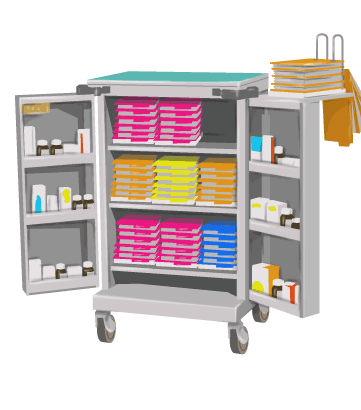

Trusted & Reviewed
5.0 / 5.0 |score based on 55,254 total reviews.
This Safe Administration Of Medicine Course learning outcomes include; Understand the types of medication, contraindications, groups at risk and consent, as well as the management of prescriptions and the supplies of medicines in addition to storage, disposal of medication, as relevant to healthcare or social care industries.
Learn more.
Key-points of IBIS Training






Pricing
Bulk Pricing Explained
Organisations, Groups and Businesses training 25 or more people with this course pay £12 per person.
Larger orders from Agencies & Enterprises, training 100 or more people with this course, only pay £5 per person.
These bulk discounts are automatically applied at checkout for your convenience.
Our clients trust us to deliver and guide them through their workplace training.

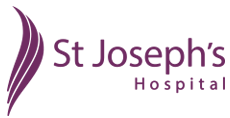

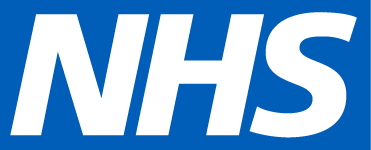
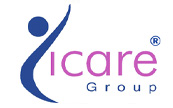
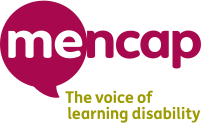
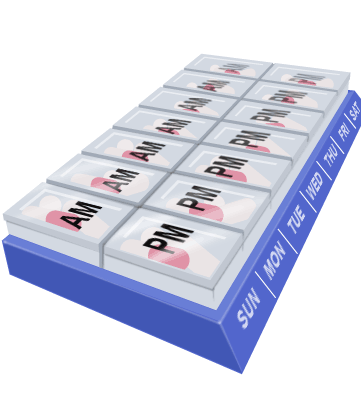
This online course includes all of the 13 lessons above. It is designed to develop the trainees Safe Administration Of Medicine skills for health and safety compliance in the workplace, providing valuable real-world learning outcomes at a high speed. It's used by individuals, groups and businesses to train their workforce across industries including Care Homes & Domiciliary Care, Hospital Recruitment, among others.
Provided by IBIS Training based in London, it's accessible at anytime online from an internet connected device at work or home, such as a computer, tablet or smart phone. Teams have access to a highly rated LMS and all successfully completing trainees achieve a Certificate of Completion.
—Provides a detailed understanding of the practicalities of medicine administration including client considerations, observations, record keeping; the management of essential tools including the med cart/trolley and associated housekeeping, as well as an understanding of drugs, their effects,contraindications and disposal considerations.Duration approximately 1.5 hours (dependent of previous experience), the full list of contents to Safe Administration of Medicine is detailed below.
In healthcare and social care environments it's important that your staff who will be administering medication are provided with initial and refresher training, and that this delivery of training information is recorded and evidenced.
This online training provides a simple solution to the delivery of essential elements, to enhance the safety and health of the worker (including temporary workers) and also those they affect such as clients, patients and colleagues.
Course Tags: medicine, prompting, prescription, administering, administration, disposal, consent, drugs, health and safety, contraindications, effects, mar, level 2,
Book a free consultation with an experienced specialist to find the right course or create bespoke custom training for your team, there's no commitment.

Understand Deprivation of Liberty (DoLS), Moving and Handling of people, prompting medication with Safeguarding Adults (PoVA), BLS, caldicott protocols, spillages, sharps and conflict resolution. Health and safety essentials; Fire and emergency, risk assessments and CoSHH.

Safely implement activities for elderly people as a coordinator and understand reminiscence, preconceptions and encouragement using a person centred approach within a care home or social care environment.
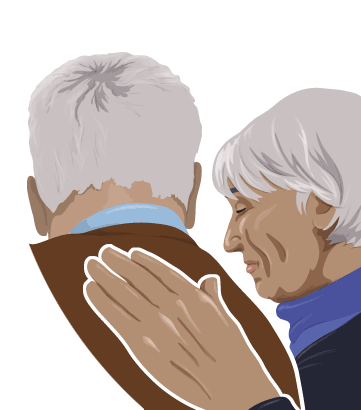
Understand this complex and vulnerable condition to communicate, promote independence and reassure family members. Enable lifestyles to accommodate changes while anxiety is reduced for everyone involved.
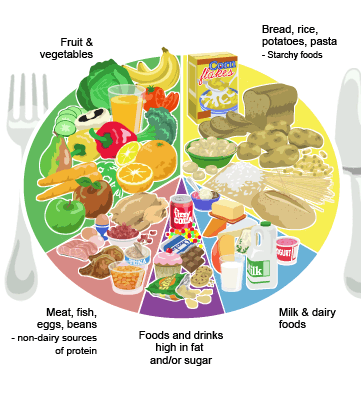
Meal planning for vulnerable persons and their dietary requirements. Learn healthy eating with the 5 major food groups, the importance of allergies and food labelling using the Eatwell Plate and Food Triangle.